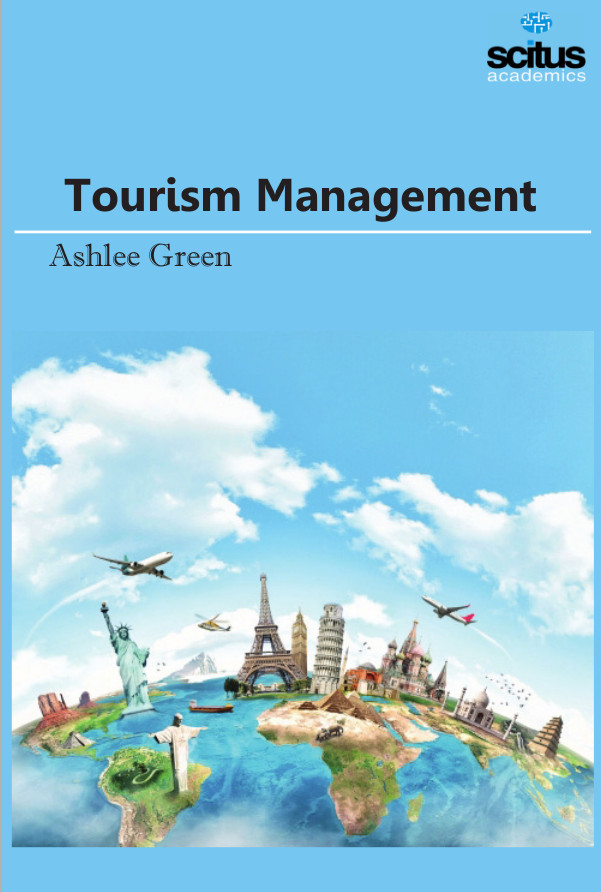From the very inception of life, travel has fascinated man. Travel and tourism have been important social activities of human beings from time immemorial. The urge to explore new places within one’s own country or outside and seek a change of environment experience has been experienced from ancient times. Tourism is one of the world’s most rapidly growing industries. Much of its growth is due to higher disposable incomes, increased leisure time and falling costs of travel. As airports become more enjoyable places to pass through, as travel agency services become increasingly automated, and as tourists find it easier to get information on places they want to visit, tourism grows. Tourism includes a multitude of activities which together form one of the world’s fastest growing international sectors. Tourism as a phenomenon involves the movement of people with in their own country or across the national borders. Tourism accounts for the single largest peaceful movement of people across cultural boundaries of the world. Today, tourism is a major source of income for many countries, and affects the economy of both the source and host countries, in some cases being of vital importance. Tourism brings in large amounts of income into a local economy in the form of payment for goods and services needed by tourists, accounting for 30% of the world’s trade of services, and 6% of overall exports of goods and services. It also creates opportunities for employment in the service sector of the economy associated with tourism. This is why an understanding of tourism, how to manage it and how to take action quickly when things go wrong.
Tourism Management takes an interdisciplinary approach and includes planning and policy aspects of international, national and regional tourism as well as specific management studies. It will be valuable for those concerned with the planning and management of travel and tourism.













